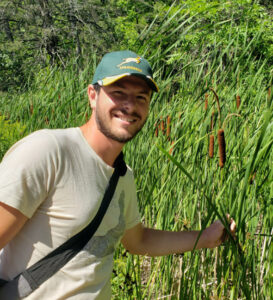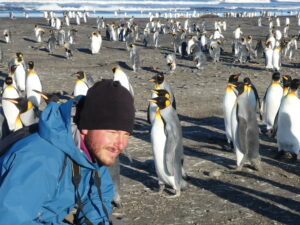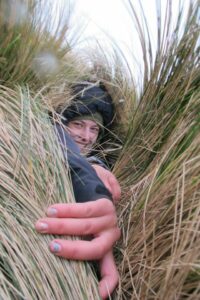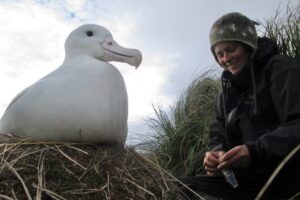Martin Tournier


Ocean depths have an indubitably strong fascinating power, and this sparked my main research interests. My interests lie in studying diving vertebrates' behavior and, more specifically, in understanding how the oceanic dynamic environments affect their movement and foraging strategies. I mostly use data from biologging tools attached to the diving animals to model their habitat use, as they can provide high resolution on their environment.
I earned my Ph.D. in France from the University of La Rochelle, where I studied the deep diving foraging behaviors of Southern elephant seals and beaked whales. By using a diverse set of biologging data, I was able to model their tridimensional habitat.
I am joining the NSF-funded project led by Dr. McDonald to investigate the habitat use of the post-breeding Emperor Penguins and infer which of the climatological and oceanic conditions affect their diving and foraging strategies.
martin.tournier [at] sjsu.edu




